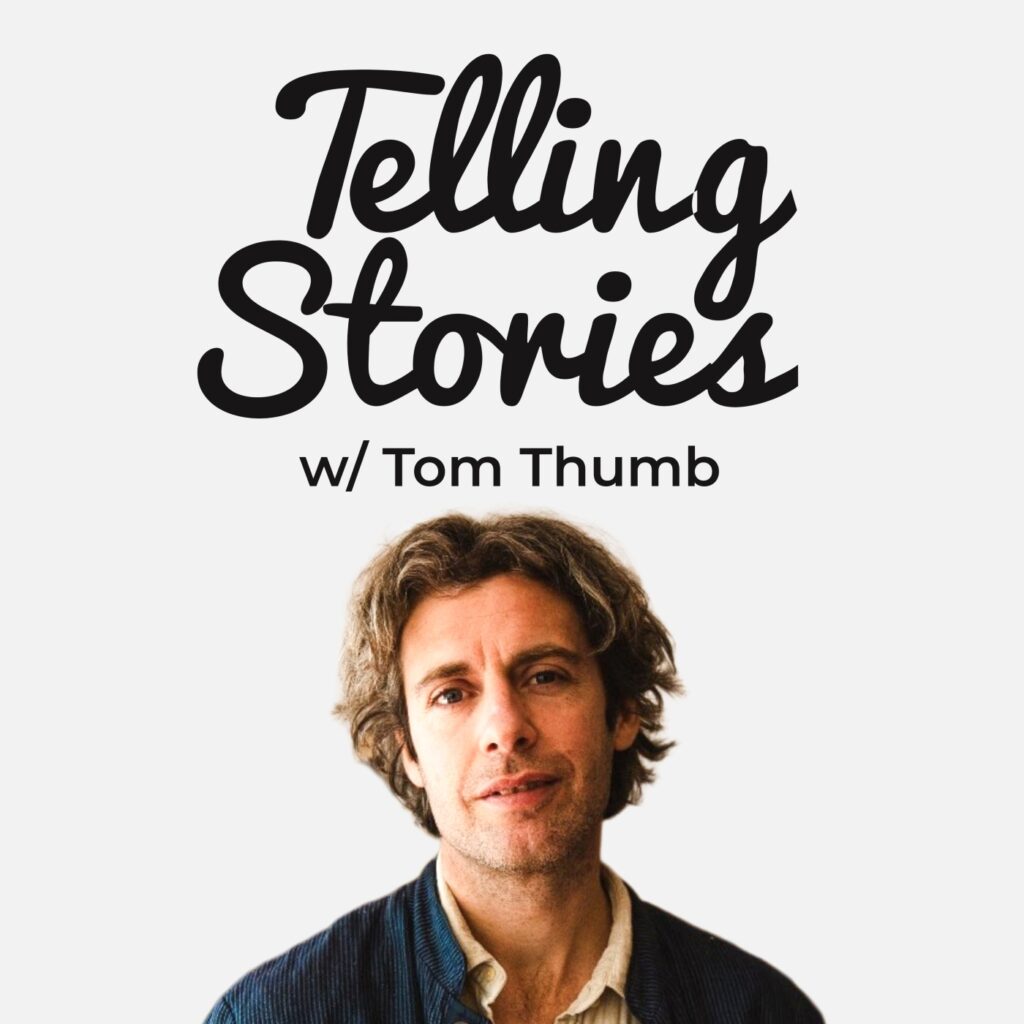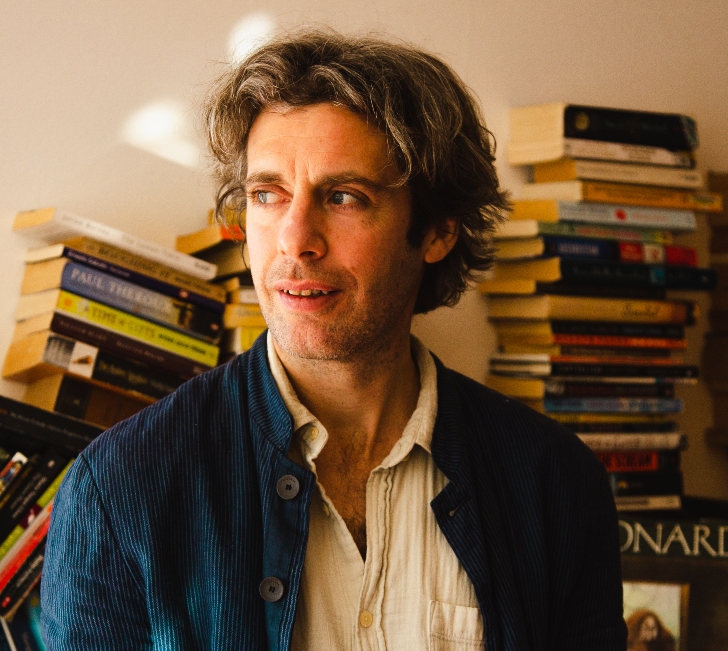
Is there anything more human than telling a story?
Cliches come to mind of cave people gathered around a fire they’ve recently learned to make, listening to the tale of a successful hunt; of a crowded inn as an old raconteur is persuaded with a warm brandy to spin a yarn; of a grandmother with her daughter’s son on her knee, widening his eyes with every word she says.
But cliches aside, humans have always told and listened to stories. And why?
Because we want to know what happened! We yearn to know why the world is the way it is. We long to know what might happen next.
Religions have always understood this intuitively. It’s why every culture has its own unique creation myth, some more outlandish than others – ever hear the Norse Creation story told by the Vikings? Ancient, primordial fire meets ancient primordial ice and forms a frost ogre called Ymir. Ymir drinks milk from a cow who emerges from the ice, and to replenish herself she licks the salt off the ice, inadvertently uncovering the first of the gods. The grandchildren of those gods kill Ymir and make the world from his body – the oceans from his blood, the soil from his flesh, the plants and trees from his hair, his brains made the clouds and 4 dwarves hold his skull above the earth to make the sky.
If you believed that, wouldn’t it make you look upon the world differently?
Stories may even be what made our species thrive and out-survive the Neanderthals. The pop historian, Yuval Harari, postulated that it was our ability to believe in collective fiction that let us cooperate in large numbers, that being the true superpower of homo sapiens. We can fight together with people we don’t know in a war because we believe in a story called a nation. We can work all day for some pieces of paper because we believe in a story called money.
And in this experience of being human we wonder why things are as they are. And especially, why is life so hard? The Christians always answered this with a neat bit of victim-blaming, telling a story of a world full o pain and hardship as God’s punishment from eating from the Tree of Knowledge.
Which brings us to the tyranny of the storyteller. Whoever is telling the narrative shapes reality in the ears of the listeners and much of history is a long chain of gaslighting populations to serve the interests of those in power. Egyptian pharaohs and Japanese emperors claimed to actually be gods, while plenty of other rulers from Henry the 8th to Trump were buffeted by the story that they had been chosen by God.
A story is a thread that ties things together. There’s something in the human psyche that is deeply comforted by a pattern, by a narrative, even if it’s not true. It’s what, for instance, drives conspiracy theorists to believe in a secret cabal wielding absolute power. It would be just too chilling to think that no one was in control.
I think we’re all storytellers. We tell ourselves stories all the time to make sense of our lives, to give order to all the random and weird and awesome and awful things that happen to us. When we hear other people’s stories it casts a light upon our own.
I read a lot and so I come across some pretty amazing tales. With this podcast, Telling Stories, I’ll be sharing some of them with you. And it will be quite eclectic – stories about sharks one week, Sufi poetry the next. It will be a tapestry of anecdotes from books, personal experience,
and tales that I’ve heard in my life from the many varied and colourful characters I’ve met along the way.
I hope you enjoy them :)
Search for Telling Stories w/ Tom Thumb wherever you get your podcasts!






